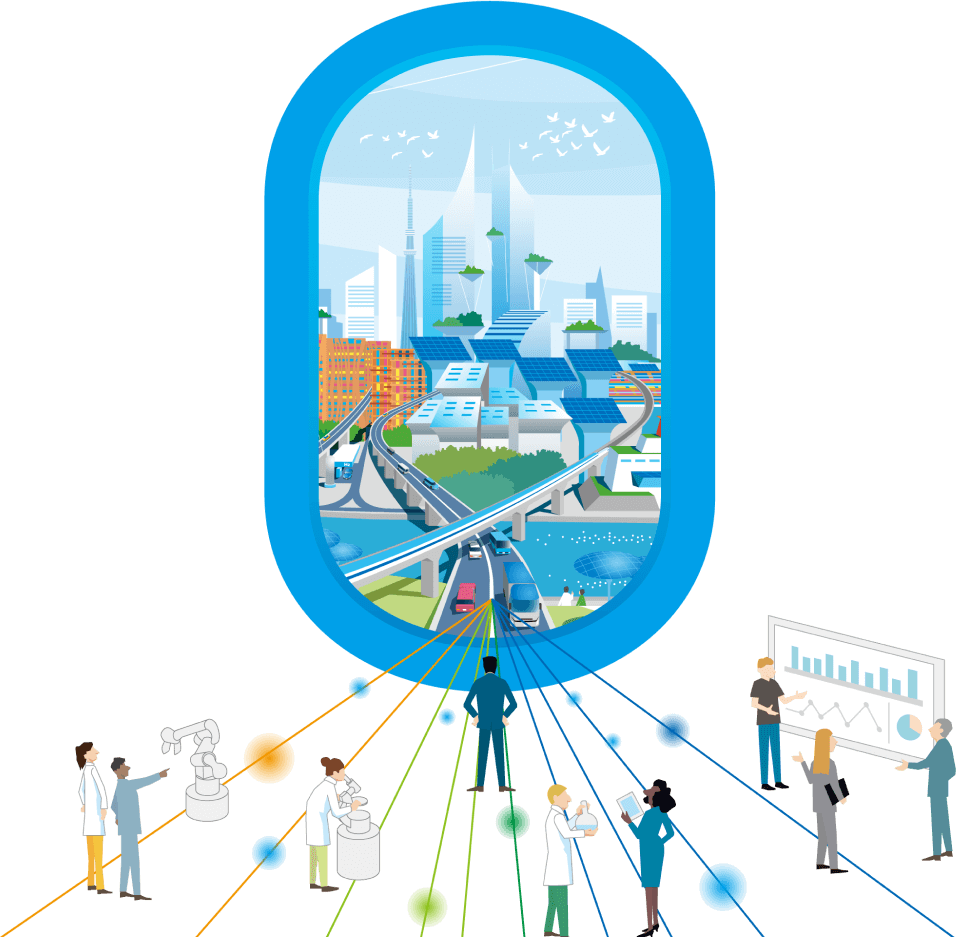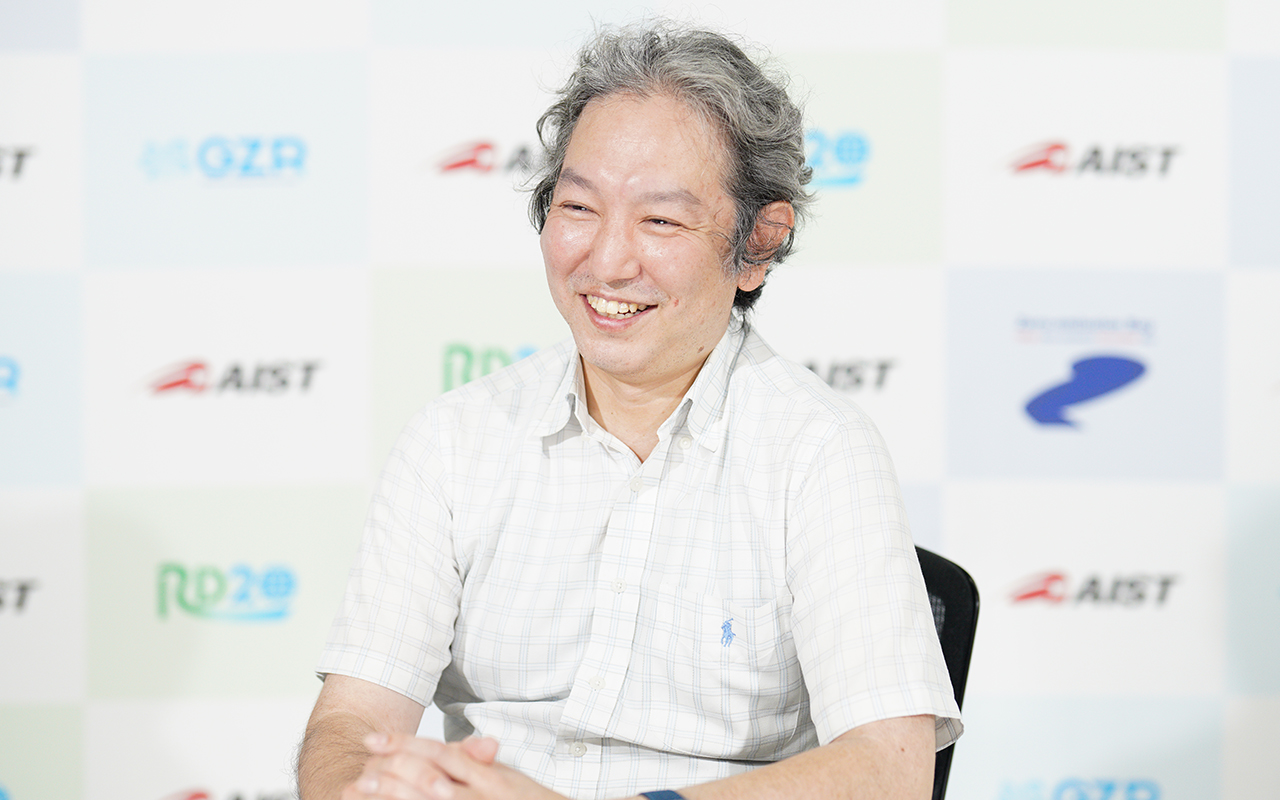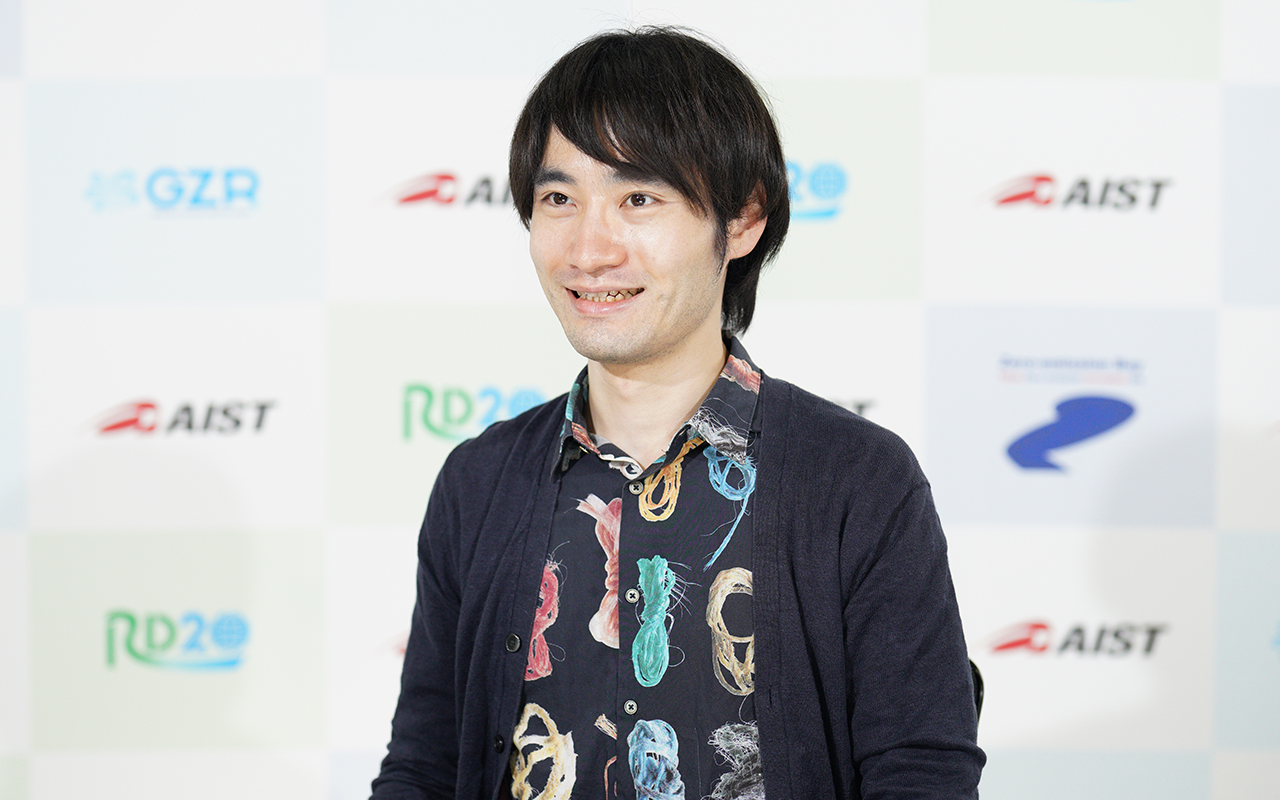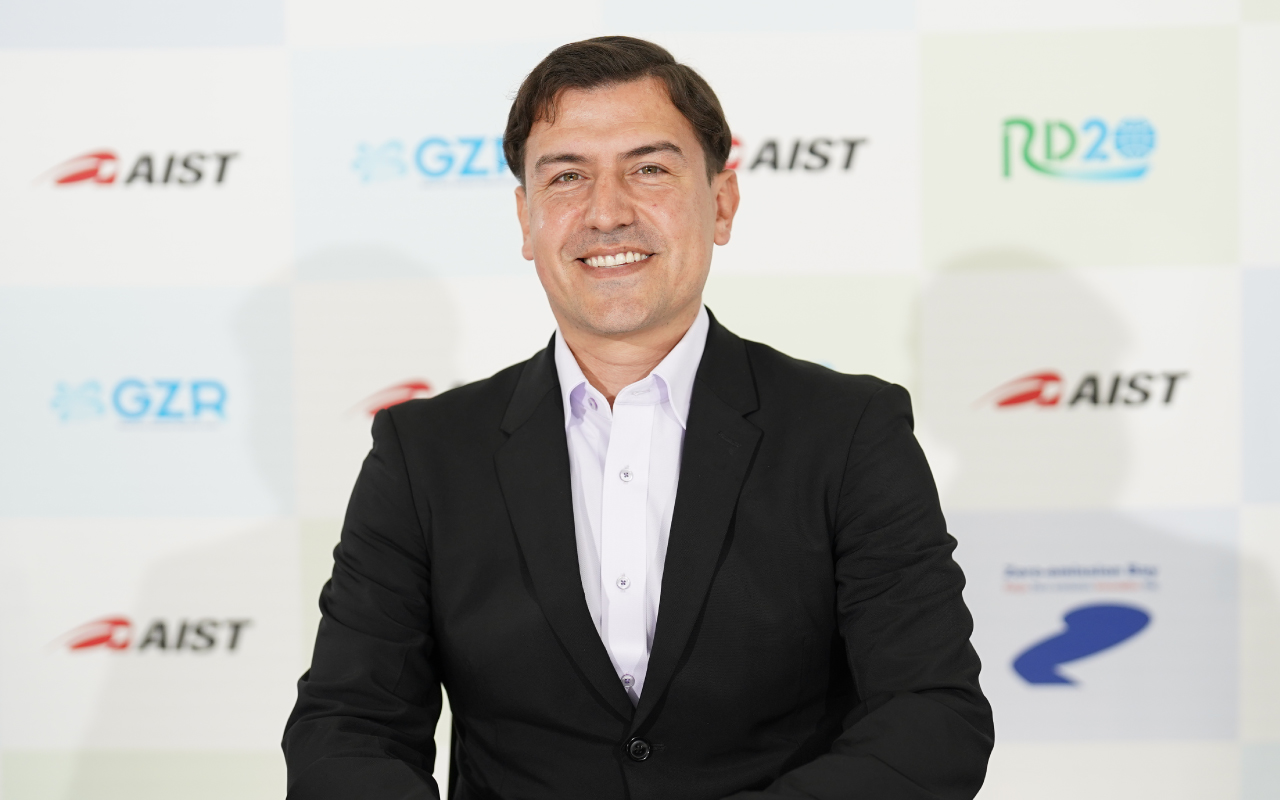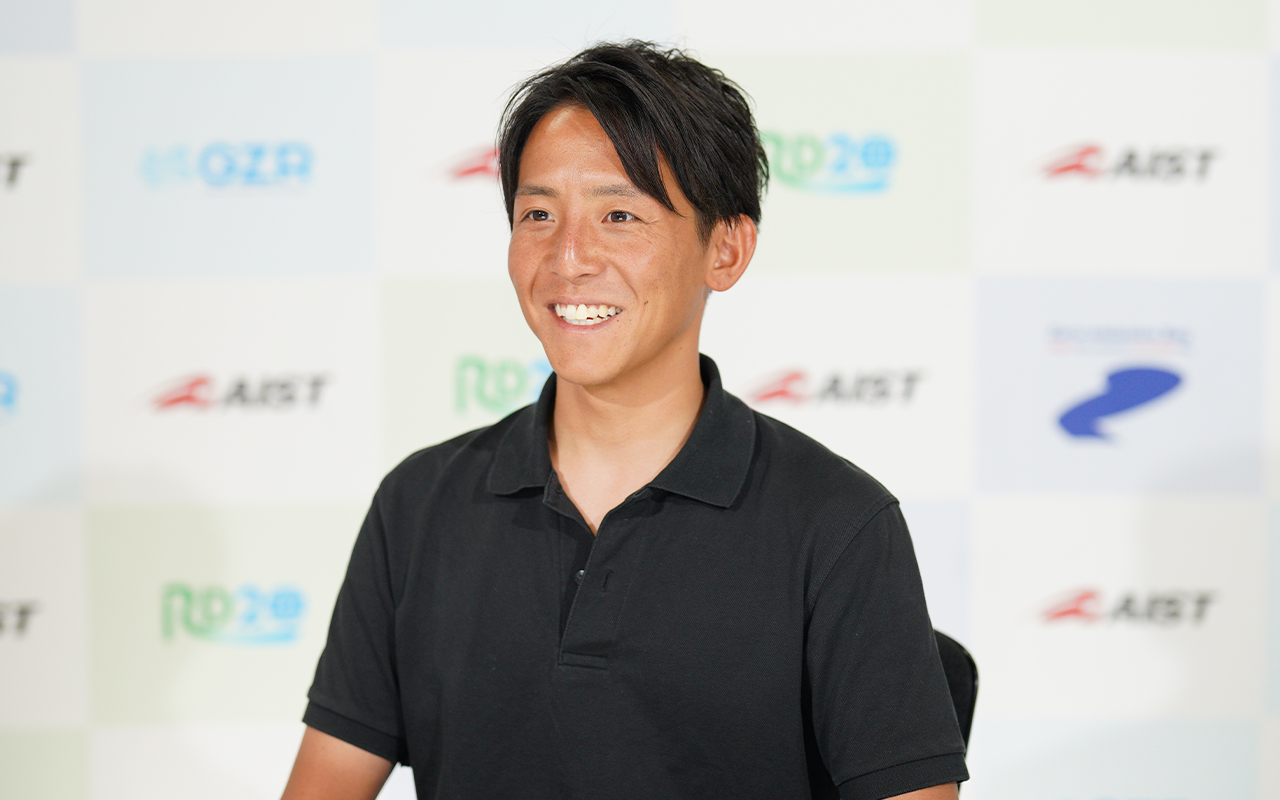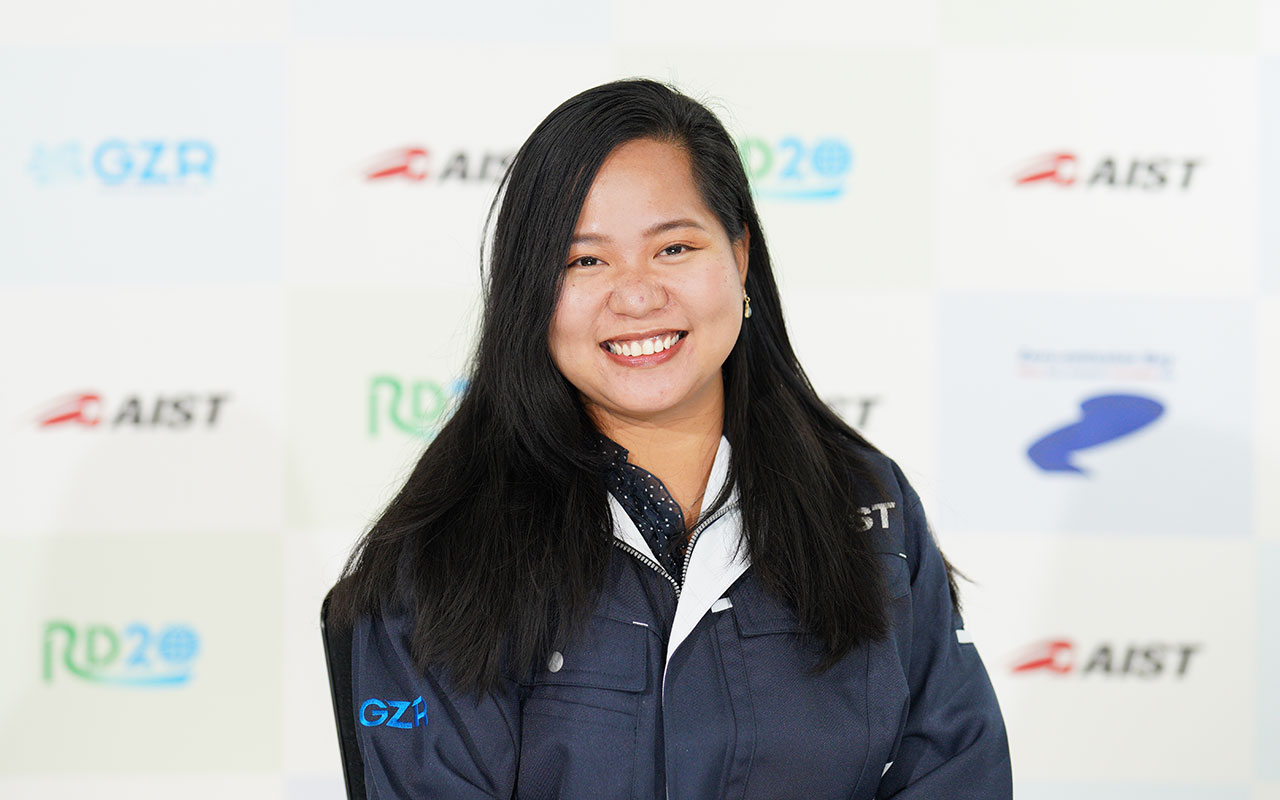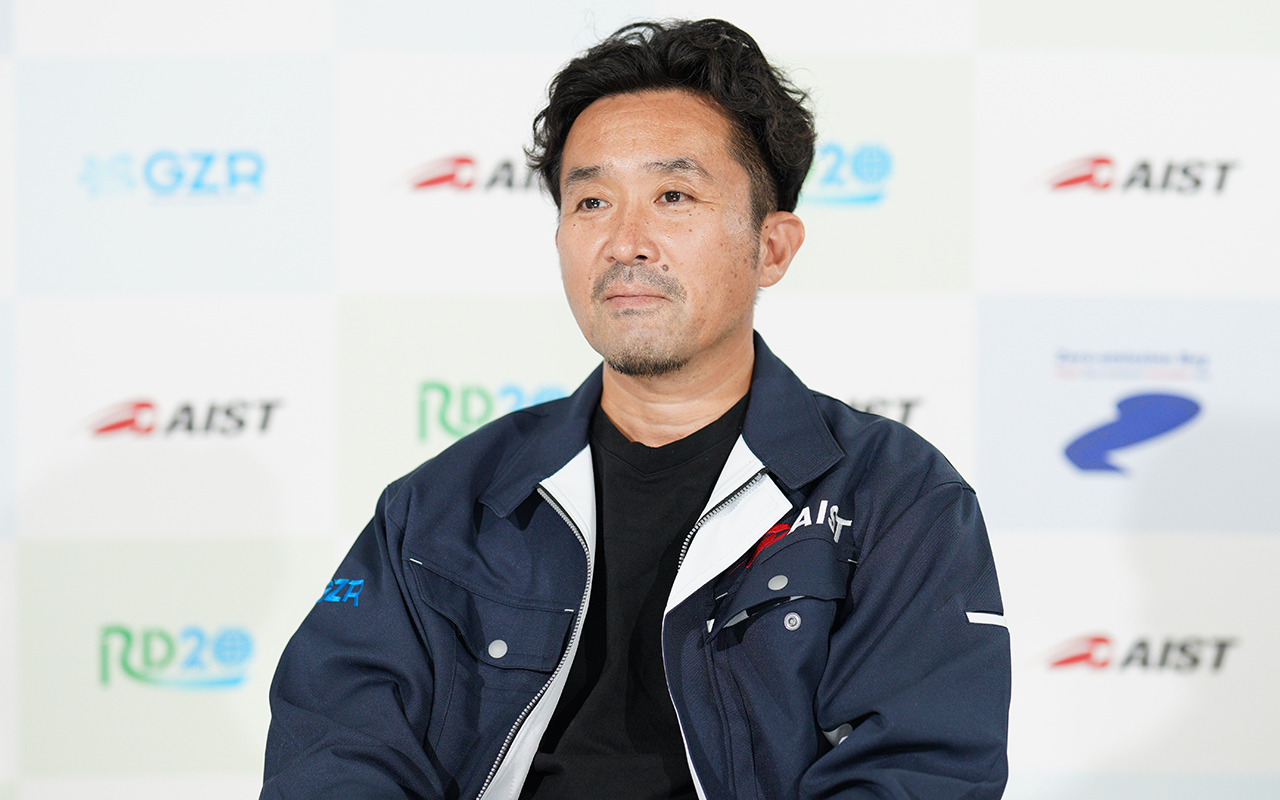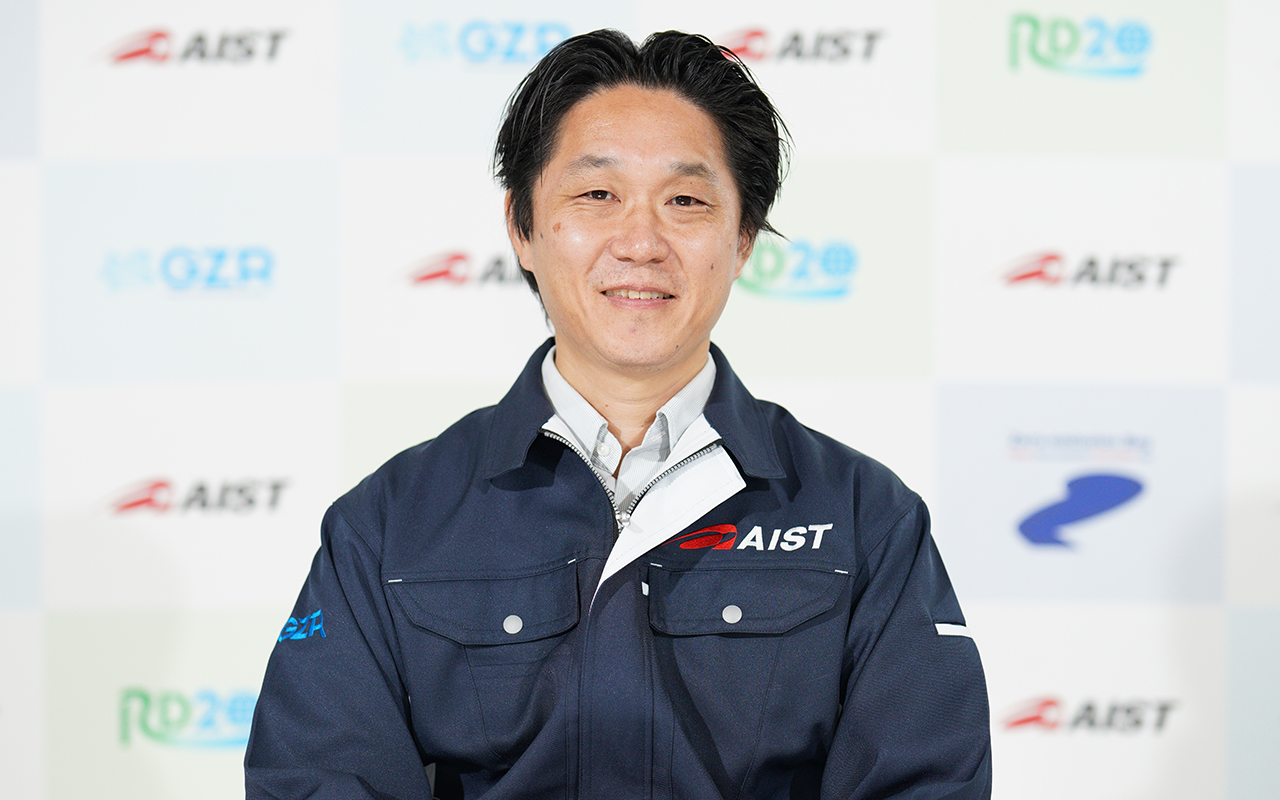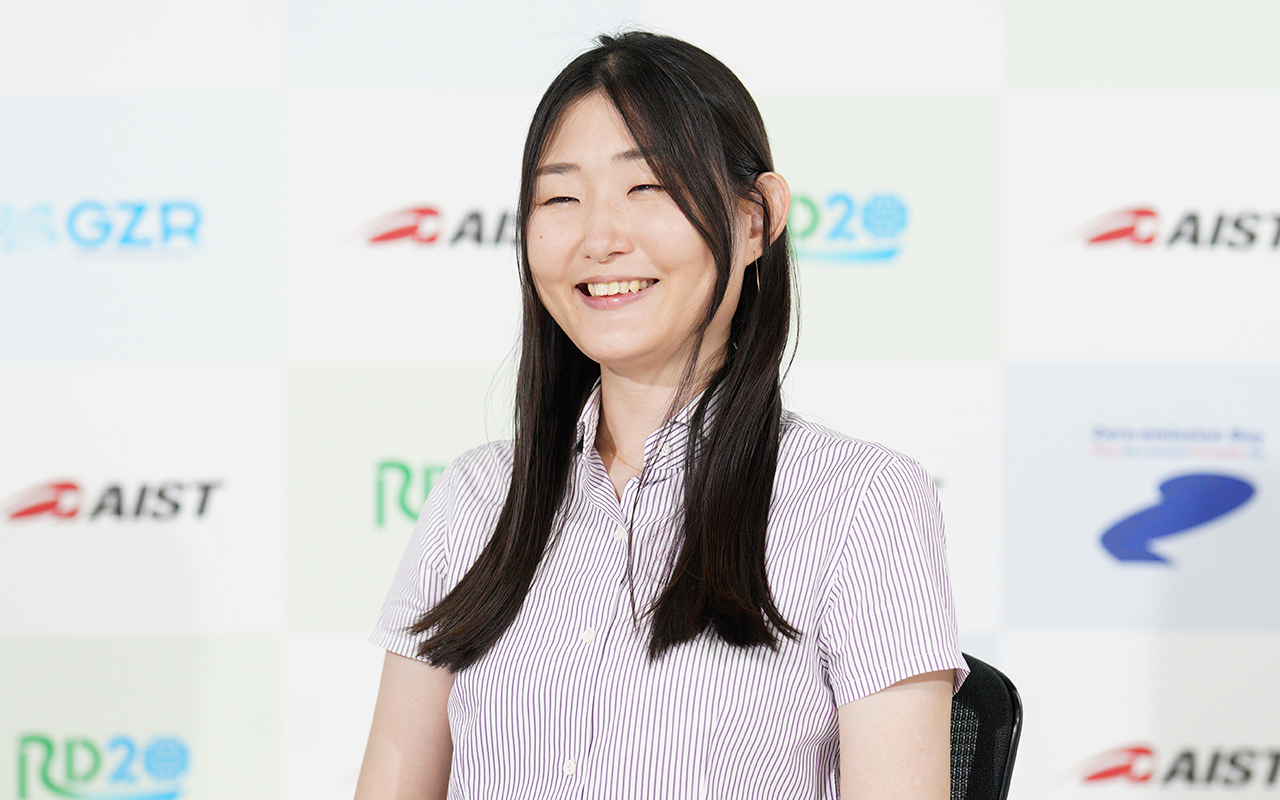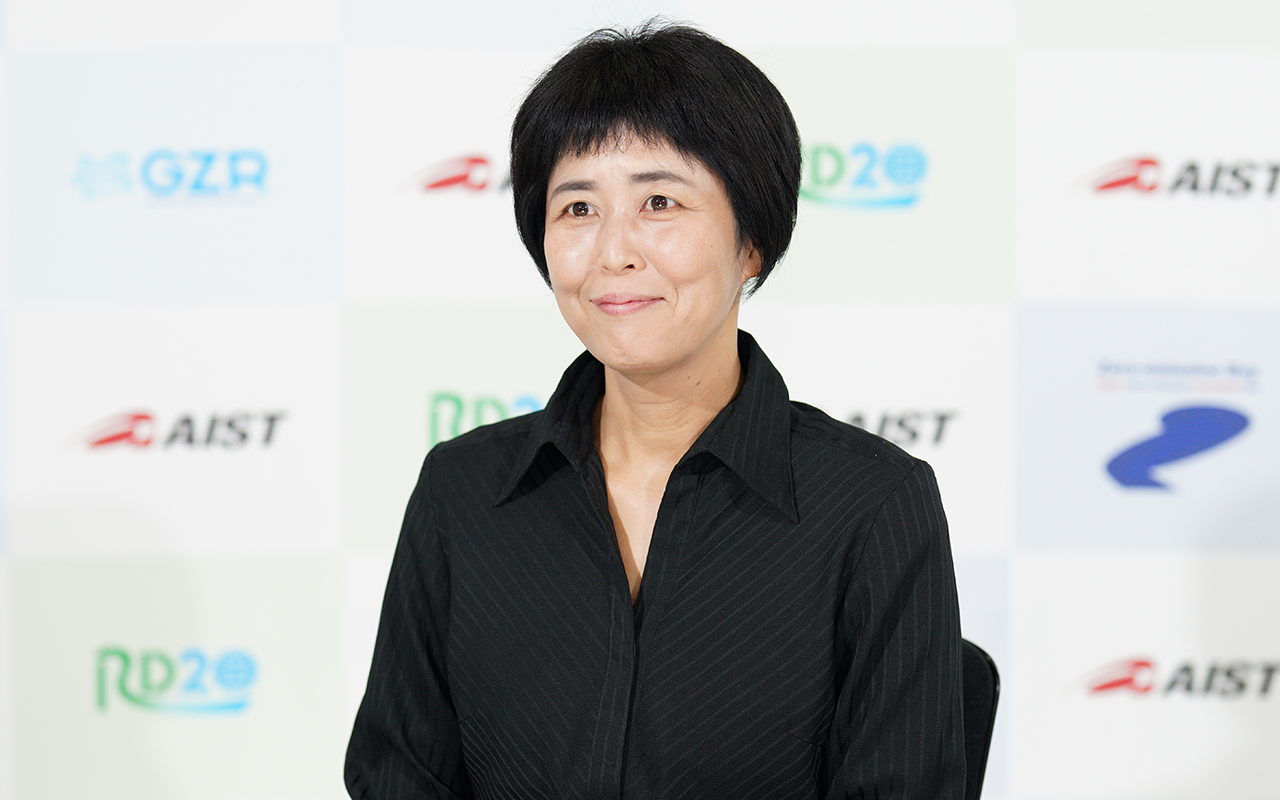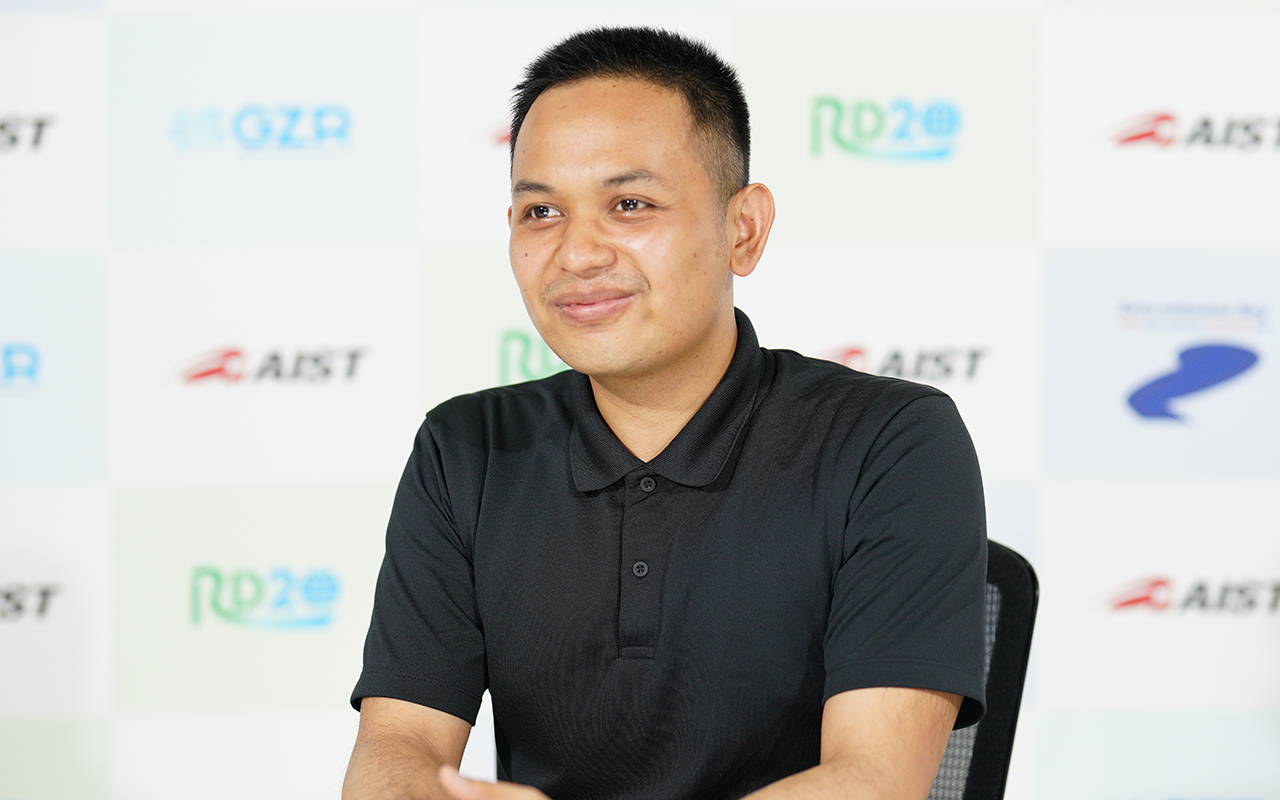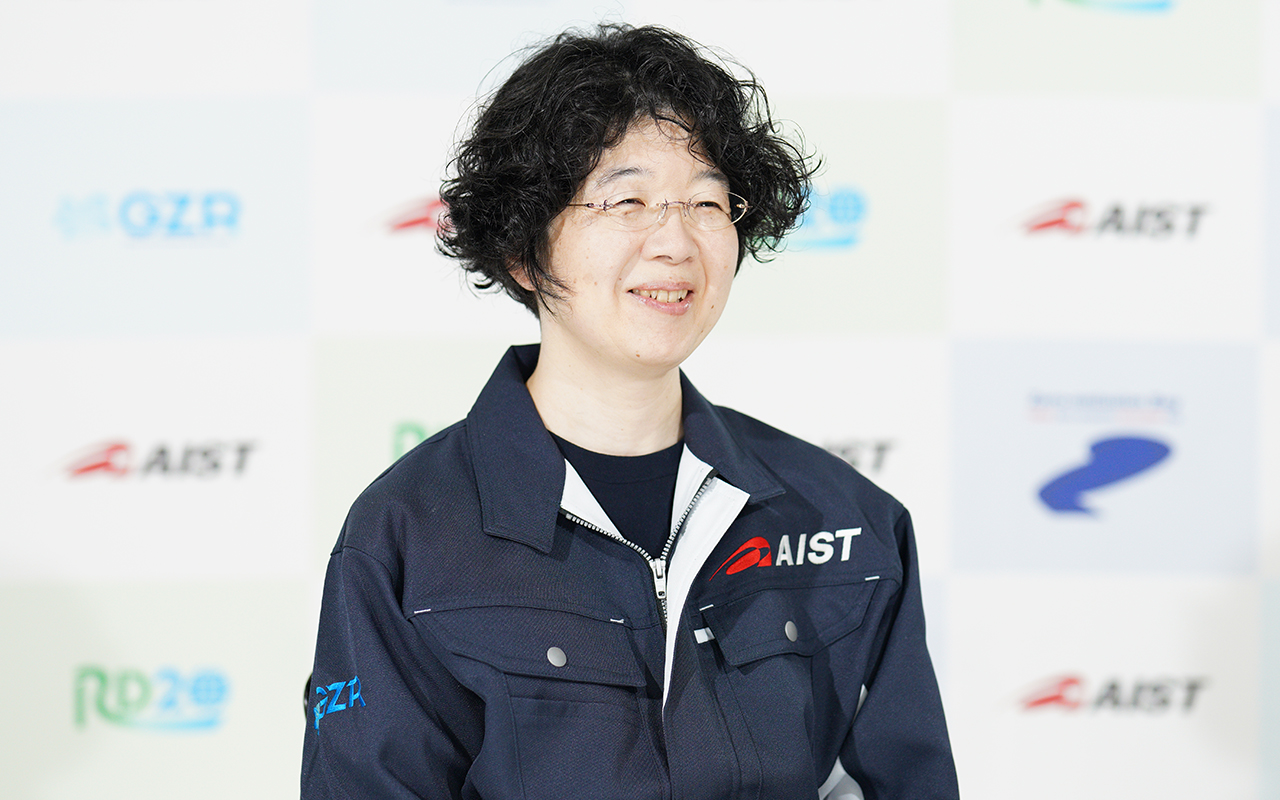Environmental and Social Impact Assessment Team
We examine a long-term CO₂ zero emission scenario by evaluating the impact of new energy technologies.

Research themes
- Development of LCA-based approaches and tools for assessing the feasibility of a carbon recycling system
- Development of methods and tools for assessing a circular economy of the mineral resources that supports energy technologies
- Planning of long-term scenarios using energy models
- Development of large-scale data analysis technologies using AI and IoT
- Assessment of social acceptance of low carbon technologies: an environmental economic approach

Research Team Leader / Greetings
MORIMOTO Shinichirou
We have developed several simulation tools, calculation platforms, models, and assessment technologies. Through these efforts, we are contributing to the social implementation of technologies developed by GZR research teams. We also serve as a promotion center for strategy within the organization based on our assessment results.
Members
OZAWA Akito
GUZMAN Urbina Alexander
SHIMADA Hideki
GONOCRUZ Ruth Anne
KUDOH Yuki
TANTIWATTHANAPHANICH Thanapan
CHO Mincheol
INANOBE Tomonao
KUREBAYASHI Eri
MATSUMOTO Kaori
RUSTANDI Rendi
WAKAMATSU Hiroko
ISHIDOYA Shigeyuki
TAKANE Yuya
MAEDA Takahisa
KAMEZAKI Kazuki
KATAOKA Sho
NGUYEN Thuy
SORAI Masao
KANO Yuki
GOTO Hiroki
FUJII Takashi
HORIKAWA Takuya
SHIMOSAKA Takuya
AOKI Nobuyuki
MATSUMOTO Nobuhiro
CHO Mincheol
KITAGAWA Naomi
TAKEDA Momoko
TANIMURA Yasuko
HACHINOHE Yuka
FUKAI Tadashi
MIURA Hiromi
YAMAMOTO Sayaka
The Environmental and Social Impact Assessment Team conducts society-related research to encourage innovative technologies, some developed by AIST, to achieve a zero-emission society. We are developing assessment methodologies based on life cycle assessment (LCA), material flow analysis, energy system analysis, and socioeconomic analysis to understand the environmental and social impacts and spillover effects caused by innovative technologies introduced into society and their spread. Our team aims to pioneer a new interdisciplinary academic field through integrating diverse big data accumulated in society with AI and LCA knowledge, and furthermore to contribute to the diffusion of innovative technologies by connecting the academic knowledge with business.
Specifically, we are working on the following five themes. Through these research activities, we aim to formulate scenarios for the realization of a zero-emission society and make recommendations for next-generation energy systems.
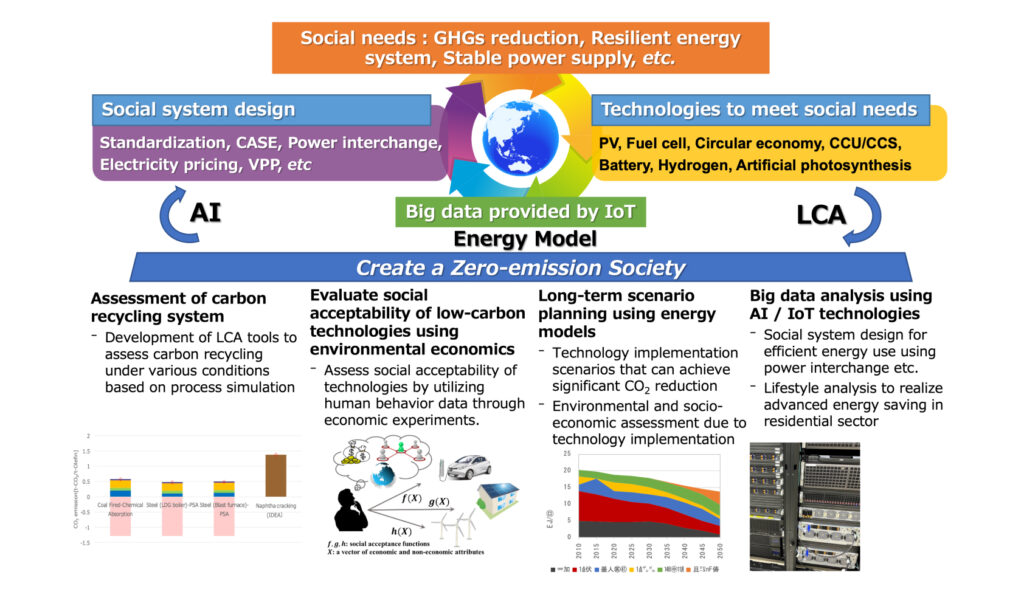
To assess the feasibility of introducing carbon recycling systems by LCA
We develop assessment tools to conduct LCA of carbon recycling under various conditions based on process simulations. We also develop methods to optimize carbon recycling systems and evaluate the effectiveness of innovative technologies.
To assess the recyclability of mineral resources that support energy technologies
We assess constraints on mineral resources impacted by the adaptation of technologies that significantly reduce CO2 emissions. We are also developing tools that can estimate the amount of CO2 recycling and reduction by refining mineral resources with low environmental impact.
To develop long-term scenarios using energy models
With a view to achieving a zero-emission society, we create scenarios for the introduction of innovative technologies that significantly reduce CO2 emissions. We also assess the environmental, social, and economic impacts and ripple effects of technology adaptation, such as job creation and resource needs, to present a vision for a sustainable zero-emission society.
To develop large-scale data analysis methods using AI and IoT
By analyzing IoT data collected in society with AI, which has been spread rapidly in recent years, we design social systems for efficient energy use, for instance, through electric sharing. Large-scale residential time-series data obtained from IoT data, particularly HEMS, are analyzed to elucidate lifestyle characteristics suitable for advanced energy saving in the household sector.
To evaluate the social acceptability of low-carbon technologies using environmental economics
We assess social acceptability of innovative energy and environmental technologies by utilizing human behavior data, design systems that accelerate diffusion of these technologies, and measure their performance through economic experiments.
Videos
Research
Research Teams
- Organic-inorganic Hybrid PV Team
- Multijunction PV Team
- Thermoelectrics and Thermal Management Team
- Fundamentals of Ionic Devices Research Team
- Artificial Photosynthesis Research Team
- Hydrogen Production and Storage Team
- Carbon-based Energy Carrier Research Team
- Smart CO2 Utilization Research Team
- Resource Circulation Technology Research Team
- Environmental and Social Impact Assessment Team
